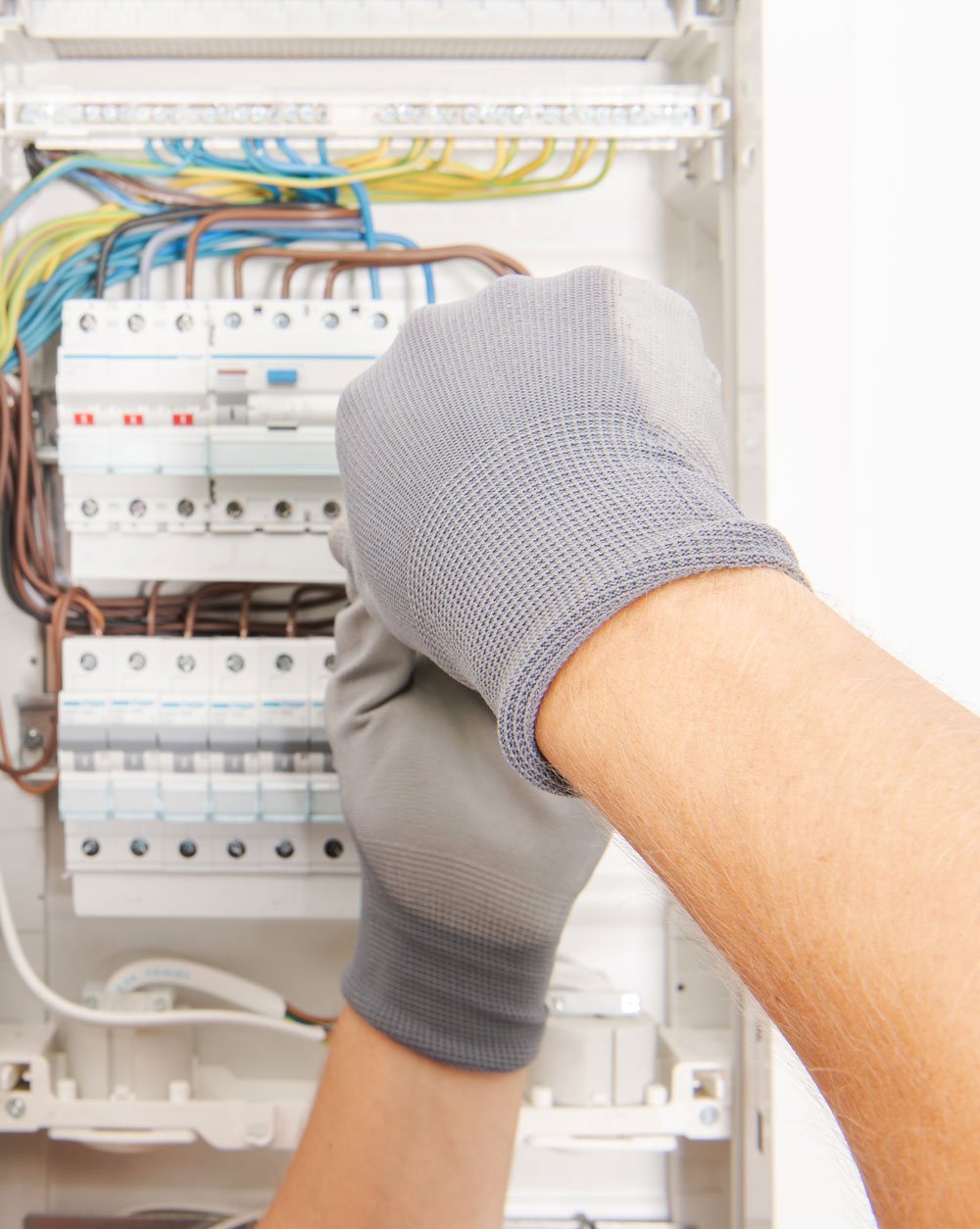Residual Current Devices
WHAT WE DO
Residual Current Devices
RCD’s Save Lives
Residual current devices are designed to disconnect the circuit if there is a leakage current. By detecting small leakage currents (typically 10–30 milliamperes) and disconnecting quickly enough (<300 ms), they may prevent electrocution.
They are an essential part of the automatic disconnection of supply to switch off when a fault develops.
To prevent electrocution RCDs should operate within 25-40 milliseconds with any leakage currents (through a person). Electrical currents greater than 30 milliamperes before electric shock can drive the heart into ventricular fibrillation which is often the most common cause of death through electrical shock.
Call Us: 027 485 2431
PROTECTION
Residual Current Devices operate by measuring the current balance between two conductors. This measures the difference between current flowing through the live conductor and that returning through the neutral conductor. If these do not sum to zero, there is a leakage of current to somewhere else (to earth/ground, or to another circuit or through a person), and the device will open its contacts. It is important to realise that operation does not require a fault current to return via the earth wire in the installation. The trip will operate just as well if the return path is via plumbing, contact with earth or any other current path.
Automatic disconnection and a measure of shock protection are therefore still provided, even if the earth wiring of the installation is damaged or incomplete.
Residual current detection is complementary to over-current detection. Residual current detection cannot provide protection for overload or short-circuit currents, except for the special case of a short circuit from live to ground (not live to neutral).
It is important to have only three circuits connected to one Residual Current Devices so in the event of a fault only part of the installation is without power until the fault is cleared or repaired.
By contrast, conventional circuit breakers or fuses only break the circuit when the total current is excessive (which may be thousands of times the leakage current a Residual Current Devices responds to).
A small leakage current, such as through a person, can be a very serious fault. However would probably not increase the total current enough for a fuse or circuit breaker to break the circuit, and certainly not to do so fast enough to save a life.
Contact Us
